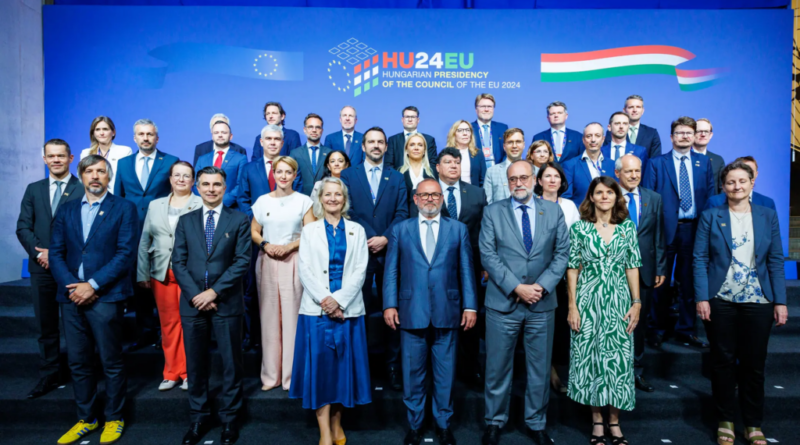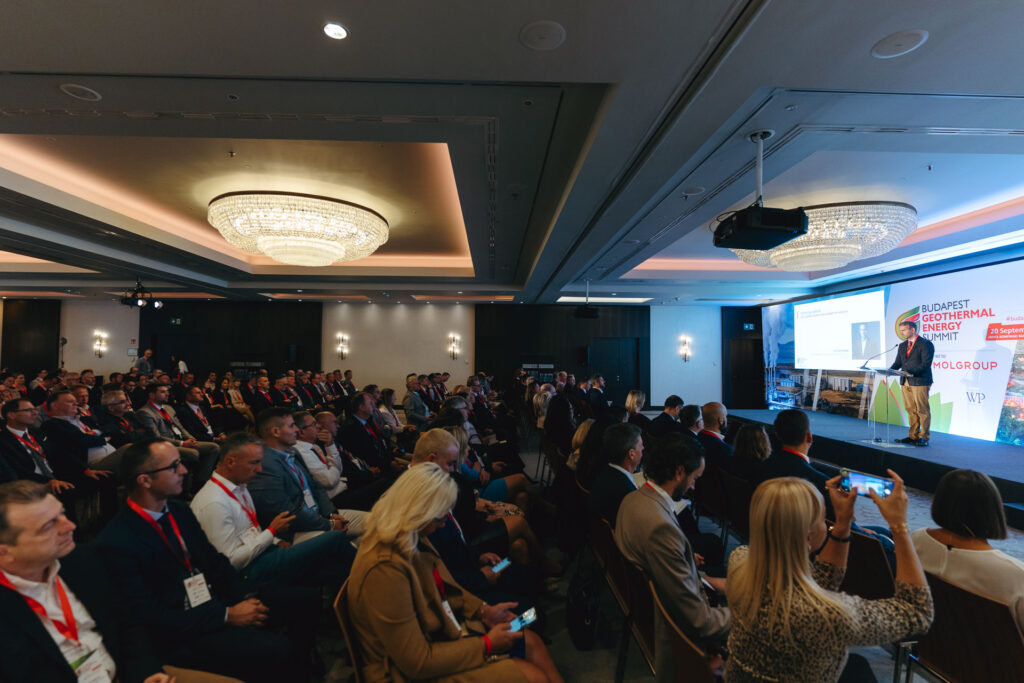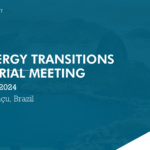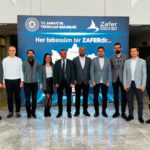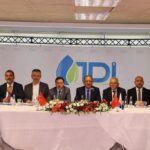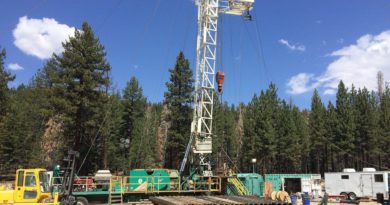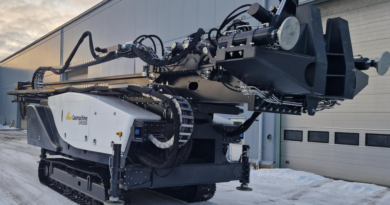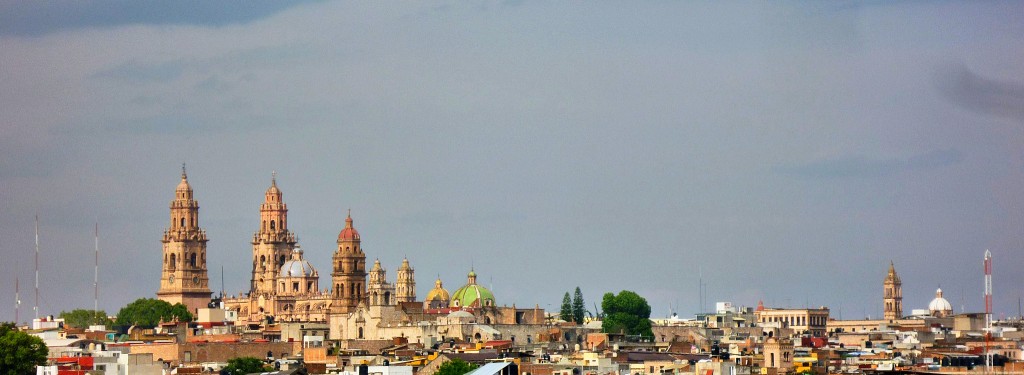Geothermal first on the agenda of EU Energy Ministers’ meeting in Budapest
Energy Disrupter
Geothermal was the first item on the agenda of the EU Informal Meeting of Energy Ministers as part of the advocacy being pushed by the Hungarian Presidency.
The topic of geothermal and how its advancement can be facilitated was the first item on the agenda of the recent Informal Meeting of Energy Ministers under the Hungarian Presidency of the EU Council. The meeting was held in Budapest’s Varkert Bazaar from the 16th to 17th of July.
Participants in the meeting agreed that geothermal energy is a critically important alternative and a sustainable renewable energy source for both heating and electricity generation. To help accelerate investments in this sector, member state representatives identified areas where EU-level guidance and coordination efforts are needed. Several participants also suggested the improvement of accessibility for geological data to facilitate knowledge sharing for potential investors.
“By increasing flexibility, improving efficiency and financing justified improvements, the European Union can lead the way towards a cleaner and more secure energy future, while maintaining affordability for European families and businesses,” said Hungary Minister of Energy Csaba Lantos during the meeting.
The Hungarian Presidency had already established the advocacy for geothermal energy as one of the major objectives for the term. The EU is encouraged to harness the potential of all clean technologies to make significant progress towards it net zero goals.
“Efficient use of geothermal energy is essential for decarbonising the heating and cooling sectors. However, realising the commercial potential of geothermal energy requires public funding and government incentives. Challenges include the visibility of subsurface potential, access to local geological data, and a general lack of public awareness about geothermal energy’s benefits,” noted the document that outlines the agenda of the discussions.
An action plan of geothermal
The document also proposes several action points to encourage investments into geothermal and facilitate cooperation between European countries. Possible solutions include state-backed financial instruments, the online publication of geoscientific data, and the establishment of standard definitions and criteria for environmental impact assessment to provide clarity to project developers and permitting bodies.
Ahead of the meeting, Hungarian officials had already discussed the geothermal agenda of the Hungarian Presidency during the “Geothermal Power: The Light Under Your Feet” event held by the European Geothermal Energy Council (EGEC) in Brussels.
Sanjeev Kumar, Head of Policy at EGEC, noted that this is the first time that the European Council is looking at geothermal energy. Geothermal provides a particularly attractive pathway to energy security and autonomy for Europe, especially as authorities contend with rising gas prices and emissions-related levies on fossil fuels.
“The good thing is that as energy prices rise, geothermal prices pretty much stay stable because we don’t have a fuel source,” commented Kumar.
Further adding to the geothermal momentum, the Budapest Geothermal Energy Summit has been announced as an official partner event of the Hungary Presidency of the EU Council. The event will take place on the 20th of Septembers at the Hotel Kempinski in Budapest. Learn more about the event here.
Source: Hungarian Presidency (Council of the European Union), CEENergy News, and Euractiv

